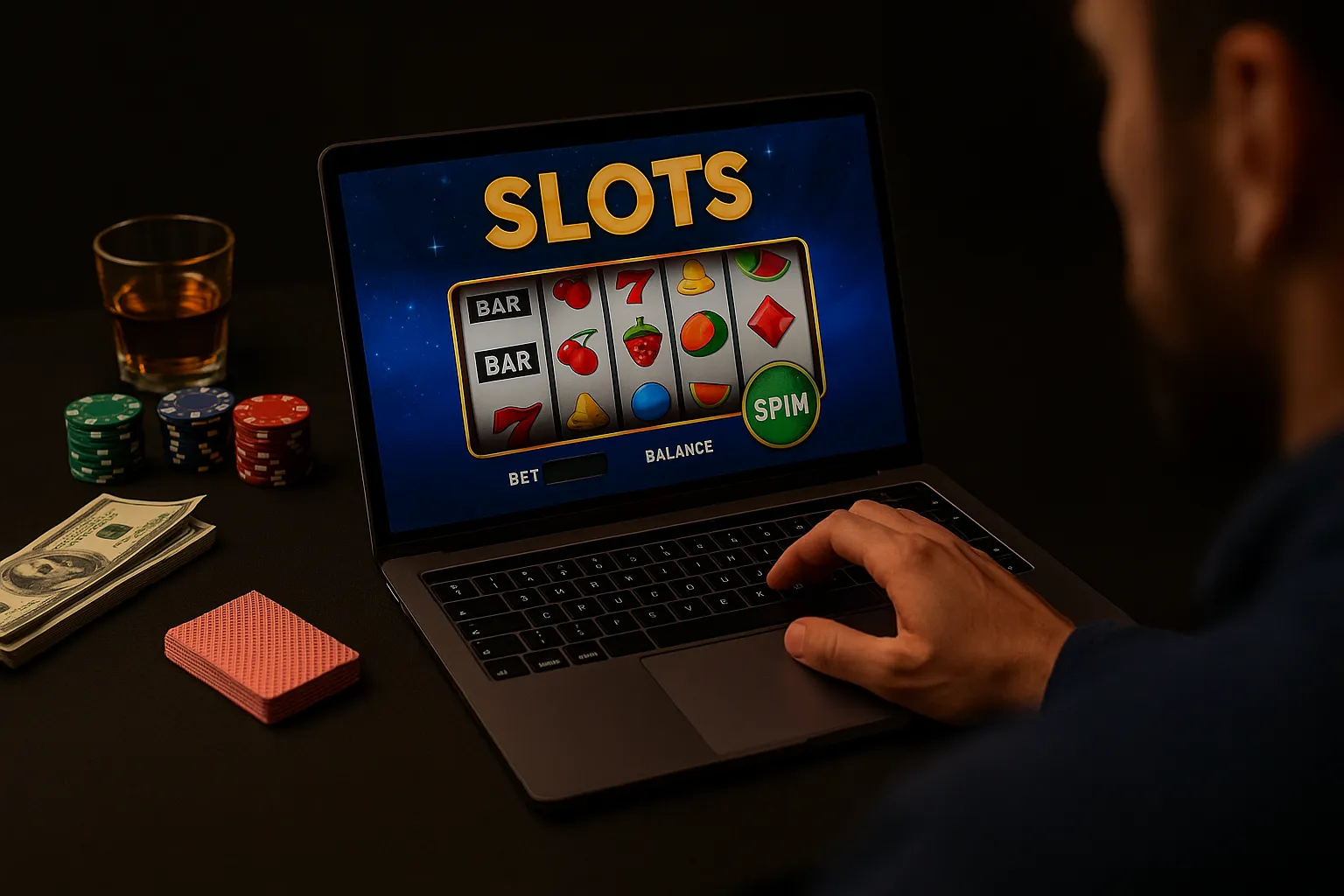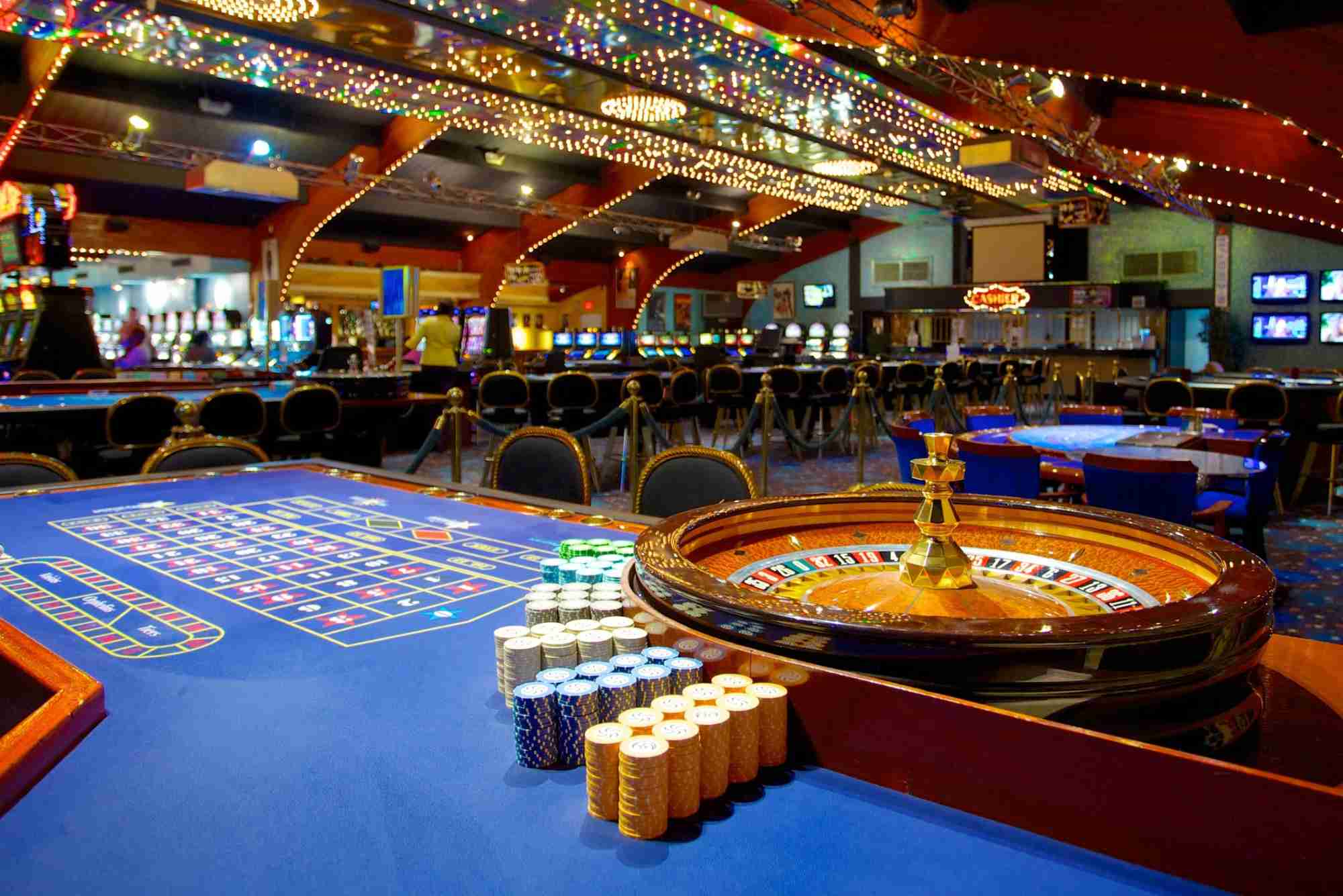Online casinos are not just about games of chance—they are finely tuned environments designed to keep players engaged for as long as possible. From the bright colors on slot machines to the carefully crafted sounds of a roulette wheel, psychology plays a huge role in how casinos operate. Many players don’t realize how much science and behavioral design go into making these platforms so appealing. The real question is: are we making conscious choices, or are casinos nudging us into playing longer than we planned?
The Science Behind Casino Design
Online casinos use psychology in many subtle but effective ways. Visual design is one of the most obvious. Bright colors like red and gold dominate slot games because they are associated with excitement and luck. Animations and celebratory graphics give players a dopamine hit even when the win is small. Sound is another powerful tool—winning spins are accompanied by upbeat music, while losing spins are softened with gentler effects to make the loss feel less discouraging.
The structure of games also leverages human psychology. Many platforms use variable reward schedules, where players win at unpredictable intervals. This is the same mechanism that makes social media addictive—the possibility of a reward is enough to keep us engaged, even when the outcome is often disappointing. It’s why people sometimes spend far longer on a game than they originally intended.
It’s not surprising then that alternatives such as casinos not on gamstop attract attention, as players often look for platforms that give them more freedom and fewer restrictions. However, freedom without responsible tools can also increase the risk of overplaying, showing just how complex the relationship between psychology and gambling really is.
Reward Systems and the Illusion of Control
Casinos are masters of building systems that make players feel in control when they’re not. A good example is the “near miss.” In slot games, you might land two jackpot symbols and just miss the third by one position. The brain interprets this as being “close” to a win, encouraging you to keep playing, even though the outcome was entirely random.
Bonuses and loyalty schemes also exploit psychology. By offering free spins, deposit matches, or tiered rewards, casinos create a sense of progression, as if you’re “achieving” something by continuing to play. This taps into the same part of the brain that enjoys completing levels in video games, blurring the line between entertainment and risk.
The Role of Immersion and Flow
Another powerful psychological concept used in casinos is “flow.” This is a state where you become so immersed in an activity that you lose track of time. Online casinos use seamless interfaces, quick loading times, and round-the-clock availability to foster this experience. The absence of natural breaks, like a dealer reshuffling cards in a real casino, makes it easy for players to keep playing without pausing to reflect.
Adding social elements, such as live dealer games and chat features, further deepens immersion. These features replicate the feeling of being part of a lively casino environment, even though you’re sitting at home. For many, it enhances the experience—but it also encourages longer play sessions.
Are Players Aware of These Tactics?
The fascinating part is that most players understand, at least on some level, that casinos use these psychological tools. Yet awareness doesn’t necessarily reduce their impact. Even seasoned players can get caught up in the carefully designed excitement of an online slot or the suspense of a live roulette wheel.
This raises important ethical questions. Should online casinos bear more responsibility in highlighting the ways they use psychology? Or is it up to players to educate themselves and set boundaries? The answer probably lies somewhere in between. While self-awareness is key, platforms should also provide tools like time reminders, deposit limits, and break prompts to help prevent harmful play.
The Future of Casino Psychology
As technology advances, casinos are likely to adopt even more sophisticated methods. Virtual reality casinos already exist, offering immersive environments that mimic the lights, sounds, and social interactions of physical casinos. Artificial intelligence could tailor experiences to individual players, customizing rewards and difficulty levels in ways that maximize engagement.
While these innovations sound exciting, they also raise concerns about addiction. The more personalized and immersive a platform becomes, the harder it may be for players to walk away. Responsible regulation will be crucial in ensuring that these psychological tools are not abused to the detriment of vulnerable players.
Final Thoughts
So, do online casinos use psychology to keep us playing? Absolutely. From the colors on a slot machine to the structure of loyalty rewards, every detail is designed with behavioral science in mind. That doesn’t mean players are powerless—but it does mean awareness is critical. By understanding the tactics at play, we can make more conscious choices and enjoy online casinos as entertainment rather than falling into unintentional patterns of overplaying.
Casinos are built to be engaging, but ultimately, it’s up to us to decide how we interact with them. Psychology may influence our behavior, but self-awareness, boundaries, and responsible play can ensure that we remain in control.








